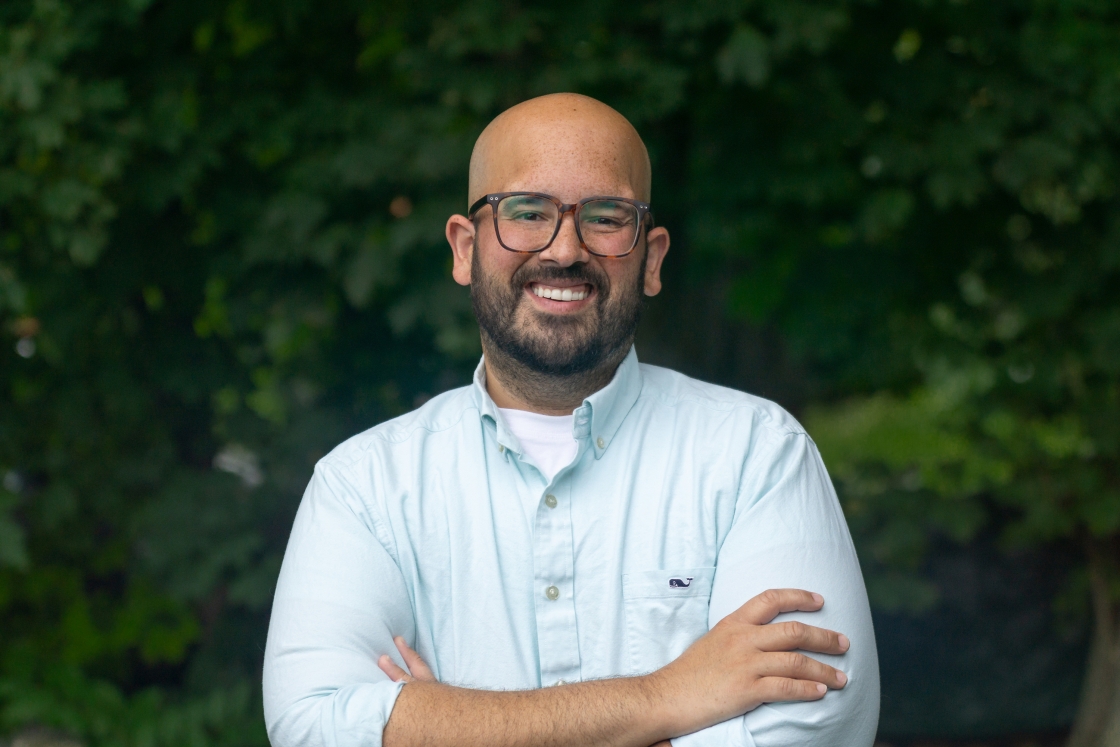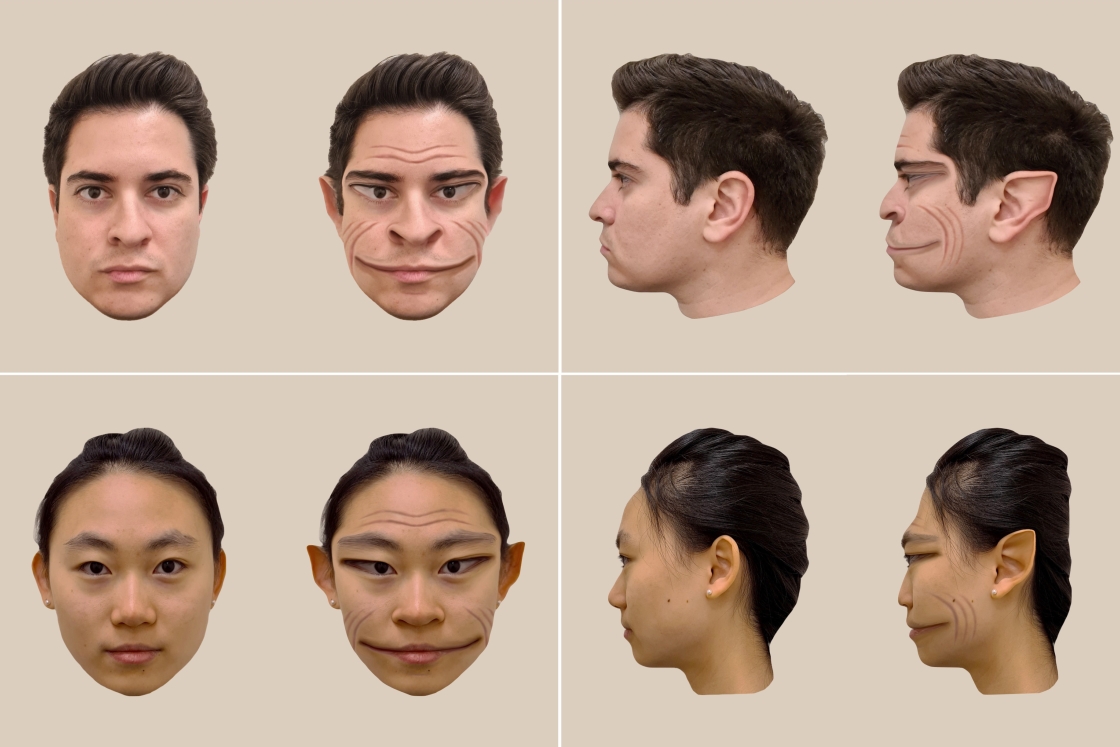July 16, 2019 – English is the most widely spoken language in the world, spoken by one quarter of the world’s population in 138 countries. In Mexico, professionals who speak English command a 28 to 50 percent higher salary. Yet, English teachers in Mexican public schools often lack proficiency in conversational English and pedagogical methods. According to a 2015 study by the nonprofit organization, Mexicanos Primero, 97 percent of public middle school students graduated without achieving the English proficiency level established by the Secretaría de Educación Pública for graduation. The state of Baja California, Mexico, however, is working to address this by introducing the Baja California Seal of Biliteracy. The program seeks to improve English teacher pedagogy and increase student learning and motivation through an official statewide program recognizing and promoting biliteracy. It was inspired by the Seal of Biliteracy in California.
The biliteracy program is a joint venture launched in December 2018, between the Center for U.S.- Mexican Studies at the University of California San Diego’s School of Global Policy and Strategy, the Sistema Educativo Estatal de Baja California (State Ministry of Education), and the Inter-American Partnership for Education (IAPE). IAPE is a partnership between Educando by Worldfund and Dartmouth College’s Rassias Center for World Languages and Cultures. Eligible students are awarded the Seal of Biliteracy on their diplomas, which recognizes their language skills and provides well-respected credentials for further education and employment.
IAPE was selected as the implementing partner because of its proven results inspiring teachers throughout Mexico. Educando and Dartmouth’s Rassias Center have been training English teachers in Mexico for over 12 years using the Rassias® Method. The Rassias Method is a rigorous and interactive system for teaching languages, which banishes inhibitions and fosters authentic and spontaneous communication. Originally developed in 1964 for the Peace Corps, the Rassias Method has been used by academic institutions, corporations, government agencies, and other organizations worldwide to teach languages.
“As IAPE evolves, it has been such an honor to have been invited to join the IAPE structure to this new initiative, launched by such committed professionals on both sides of the border,” said Helene Rassias-Miles, executive director of the Rassias Center at Dartmouth.
As part of the Baja California Seal of Biliteracy, 32 middle school teachers from throughout the state of Baja California are participating in Rassias Method® sessions, pedagogy seminars, and workshops on children and learning. Instructors, including IAPE-trained public school teachers in Mexico, provided a week-long intensive training session this winter followed by workshops in February and May, and future sessions are planned. In addition, the middle school teachers also attended panel discussions with representatives from University of California San Diego and the Sistema Educativo Estatal de Baja California. Over the next year, the project will support 340 teachers who will directly teach 85,000 students. In addition, all graduating middle school students in these teachers’ schools will have the opportunity to earn the Seal of Biliteracy.
“Baja California is located directly south of the California border and over 50,000 out of the state’s 700,000 students in public elementary and middle schools were born in the U.S. By providing tools for English teachers to include and empower English-speaking students as leaders in the classroom, the project is building bridges across cultures and providing opportunities for advancement for all students,” explained Jim Citron, director of IAPE at Educando by Worldfund.
Since 2007, IAPE has been building and supporting a network of leaders in English teaching to inspire and open doors for Mexican public school students. To date, over 2,500 teachers have attended IAPE sessions, which has benefited over 2.5 million students in Mexico.
Helene Rassias-Miles and Jim Citron are available for comment at: hrm@dartmouth.edu and jcitron@educando.org, respectively.
- Updated 7/19/19

